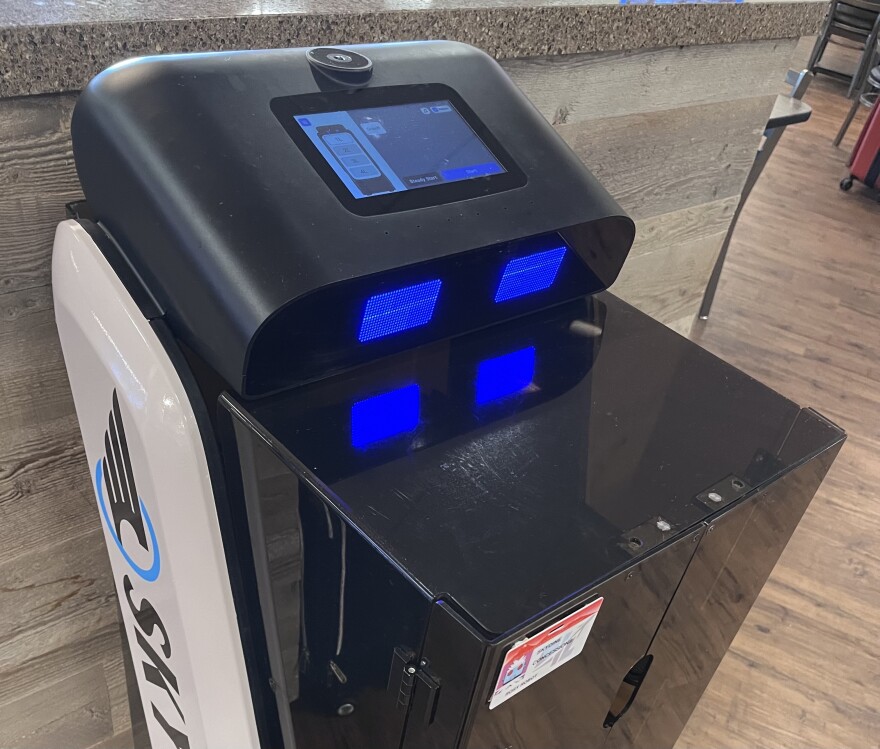Lawmakers in Montana are considering a handful of bills, including one that establishes the Right to Compute Act, a policy framework for companies to use artificial intelligence to crunch numbers or operate data centers, but with safety nets in place.
Republican Senator Daniel Zolnikov of Billings is sponsoring Senate Bill 212 and spoke about it in front of House Business and Labor on Wednesday, March 19.
“You have the right to compute, and then within the legislation in these frameworks, there would be sections that, hopefully, if we could get them into code correctly, where you have limitations,” said Zolkinov.
He said limitations could apply to misuse of AI technology, like actions that deceive or defraud the public or endanger minors. The bill also sets up mechanisms to return a critical AI system to human control in case of an emergency, like a cyber attack.
“So, you have the right to do this thing, except for these things that we are going to clearly articulate,” said Zolnikov.
He said the Right to Compute Act and its guardrails would work well alongside other legislation also currently being considered to regulate artificial intelligence.
Republican Representative Braxton Mitchell of Columbia Falls is sponsoring HB 178, which aims to protect individuals’ privacy and other rights by putting standards in place for the use of artificial intelligence by government agencies, like law enforcement.
Then, Democratic Representative Jill Cohenour of East Helena is sponsoring two bills, one to restrict “Deep Fakes" or digital content that can mimic a person’s appearance and voice without that person’s consent, another to criminalize the unauthorized creation and misuse of real or AI-generated, sexually explicit images. Both her bills are scheduled for hearings on April 1.
Representative Gary Parry of Colstrip is sponsoring a proposal to study AI and its impacts between legislative sessions. House Joint Resolution 4 is scheduled to be heard Tuesday in Senate Energy Technology and Federal Relations.






